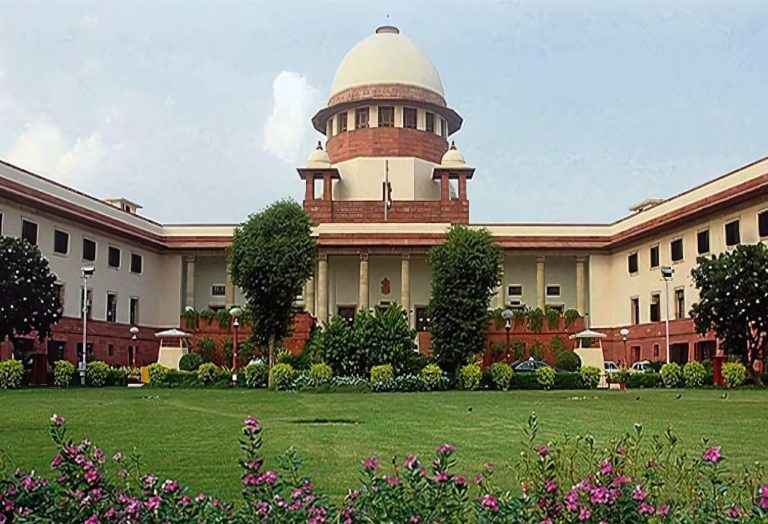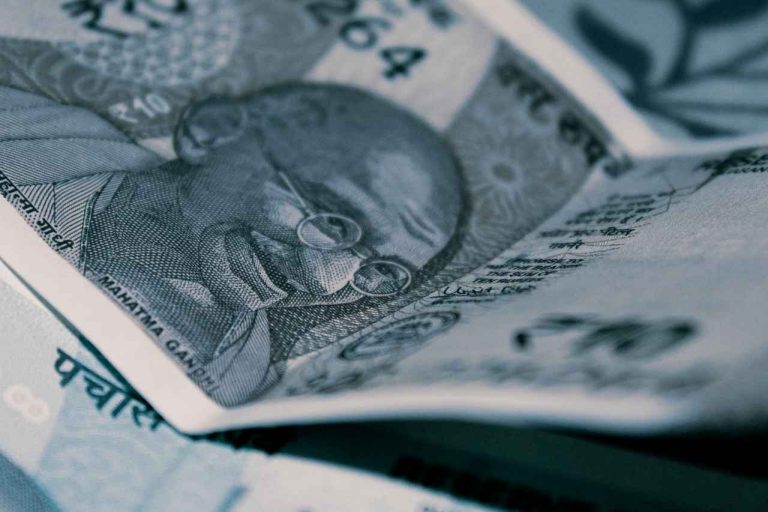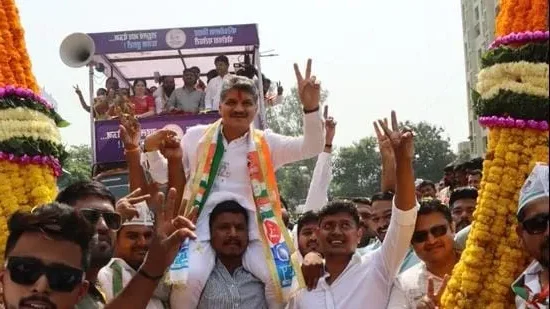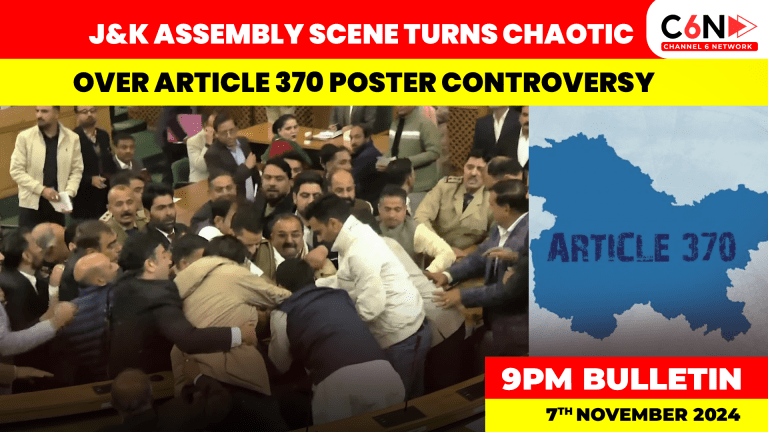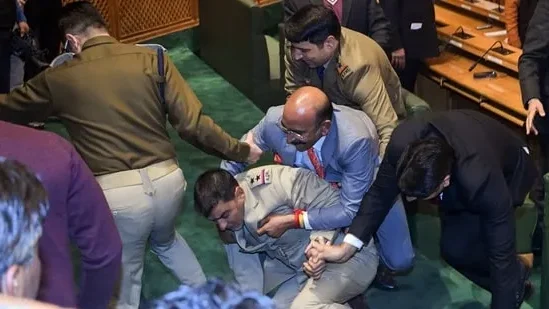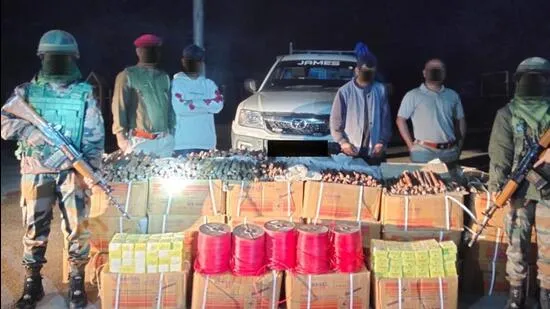New Delhi: Aluminium prices witnessed a decline in the futures market, influenced by ongoing weak demand from global consuming industries and a challenging economic environment in China, the world’s largest aluminium consumer. On Tuesday, aluminium futures for November delivery on the Multi Commodity Exchange (MCX) fell by 60 paise or 0.24%, closing at ₹246.30 per kg in multiple lots, as traders adjusted their positions amid the market downturn.
China’s Economic Slowdown and Impact on Global Demand
This downward trend mirrors the broader global aluminum market, which has been grappling with persistent oversupply and limited demand recovery. China’s economic struggles have led to reduced imports, adding pressure on prices worldwide. While Chinese aluminum imports surged earlier in the year, recent seasonal slowdowns and the country’s lagging construction sector have dampened demand. Despite steady domestic production, major production hubs like Yunnan are beginning seasonal production cuts due to hydropower shortages, which could further impact the supply-demand balance in the coming months.
Surplus and Rising Inventories Pressure Aluminium Prices
Analysts attribute the current price drop to a series of factors. A global oversupply of aluminum is projected to persist into 2024, with the market anticipating a small surplus. Rising inventories, especially in London Metal Exchange (LME) warehouses, have also pressured prices, as about 79% of these inventories consist of Russian metal, which faces ongoing reluctance from Western buyers amid the Ukraine conflict. This excess has led to a price disconnect, as LME aluminum prices have slipped around 7% this year, while China’s Shanghai Futures Exchange prices have remained more resilient, supported by local demand from sectors linked to renewable energy and electric vehicles.
Potential for Recovery in Green Energy-Driven Demand
Experts suggest that until economic conditions improve in key sectors such as automotive, aerospace, and construction, aluminium prices may continue to fluctuate. The current oversupply is projected to reach around 100,000 tonnes in 2024, posing further challenges for price stabilization. However, a silver lining could be found in the global green energy push, which may bolster demand for aluminium in electric vehicle production, solar energy installations, and other renewable energy applications over the long term.
This evolving market landscape underscores the need for cautious trading and close monitoring of China’s economic policies, as any recovery there could influence the global demand and price structure for aluminium.


